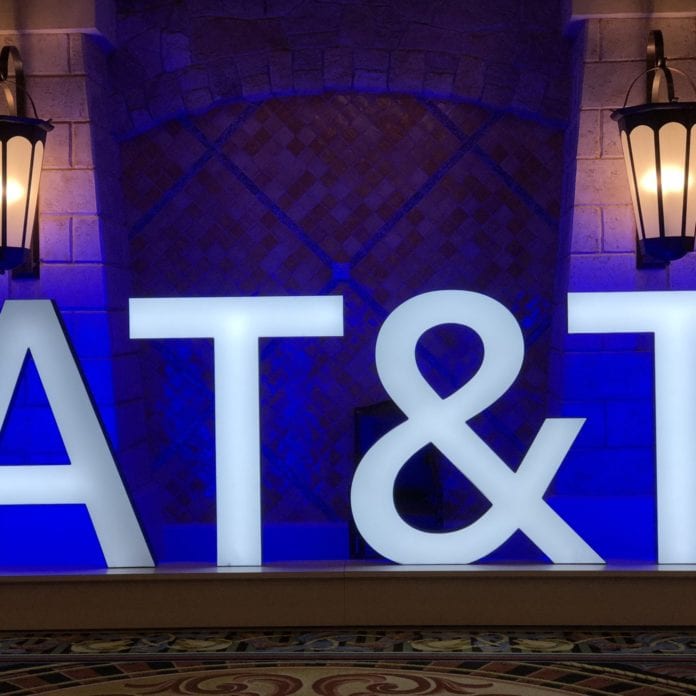FirstNet build is essential to future 5G plans
AT&T is currently using its millimeter wave spectrum to offer up a standards-based 5G service in parts of 12 markets. And, over time, company CEO Randall Stephenson sees 5G as a viable replacement to fixed broadband service.
Speaking on a fourth quarter earnings call today, Stephenson recalled how in the 1990s there was skepticism that wireless could serve as a substitution for fixed line voice. “I have little doubt that in the three to five year time horizon you’ll see substitution” of 5G for fixed line broadband.
He added that businesses can essentially use 5G as a local area network leveraging a “wireless plug and play environment. This will play itself out that way.”
AT&T is initially serve parts of Atlanta, Georgia; Charlotte and Raleigh, North Carolina; Dallas, Houston, San Antonio and Waco, Texas; Indianapolis, Indiana; Jacksonville, Florida; Louisville, Kentucky; New Orleans, Louisiana; and Oklahoma City with 5G. The first device will be the Netgear Nighthawk 5G mobile hot spot. While free to the company’s select early adopters “for at least 90 days,” according to AT&T, next spring the Nighthawk will be available for $499 upfront with a 5G data plan that includes 15 GB of data for $70 per month.
The company is slated to offer at least two 5G-compatible Samsung handsets this year with a millimeter wave compatible device in the first half of the year and a sub-6 GHz compatible device in the second half of the year.
Company leadership also discussed the “hand in glove” relationship between the ongoing construction of FirstNet and its plans for expanding 5G services. Essentially, as AT&T crews hit sites to deploy the dedicated nationwide public safety network, they’re also putting in the infrastructure necessary for 5G.
On the financial side, the operator reported a 15% increase in cash from operations to $43.6 billion; 2018 capex of $21.3 billion; free cash flow of $22.4 billion and consolidated revenues of $170.8 billion.

